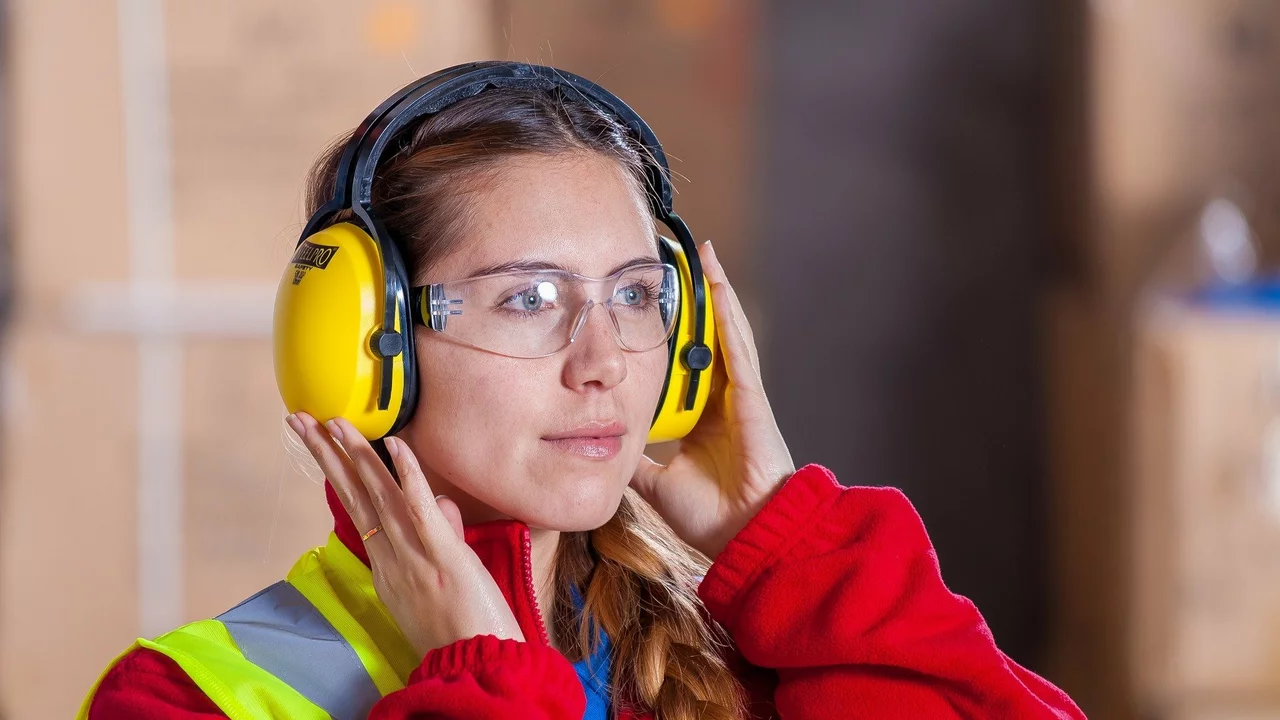Do you keep medication in your desk or hide it in a drawer? Small choices like that can make a big difference at work. This guide gives clear, useful steps for handling prescriptions, allergies, emergencies, and privacy—without medical jargon.
Keep meds in their original packaging when possible. It makes dosing clearer and helps if you need to show what you’re taking. Use a small lockbox or desk drawer with a lock if you store medication at the office—this keeps kids, coworkers, or cleaning staff from accessing them by mistake.
Label doses for the day if you take multiple pills. A clear pill organizer avoids missed or double doses during busy shifts. If your medicine needs refrigeration, bring a small insulated bag with an ice pack and keep it labeled with your name.
Think about timing. If your prescription requires dosing at work, set a quiet reminder on your phone instead of announcing it to everyone. If a medication causes drowsiness or other side effects, plan tasks accordingly or talk to your manager about temporary adjustments.
Be careful buying meds online. Only use reputable pharmacies and avoid sites that don’t require a prescription for prescription drugs. If you’re not sure, check for a verified pharmacy seal or ask your healthcare provider for a safe option.
If you have severe allergies, carry an epinephrine auto-injector and make sure a few trusted coworkers know how to use it. Store a second injector in a known, labeled place if allowed by workplace policy. For asthma, keep your inhaler with you and consider a backup in your locker.
Know where first aid supplies are and how to get help fast. Find out if your workplace has an automated external defibrillator (AED) and who’s trained to use it. A minute matters in emergencies, so map exits and safety stations when you start a new job.
Talk to HR about accommodations if medications or conditions affect your work. You can often get schedule changes, break time to take meds, or a private space for treatments without giving more medical detail than you’re comfortable sharing.
Small prevention steps help a lot: keep water and basic snacks at your desk if meds must be taken with food, wash hands often to avoid infections, and avoid strong fragrances if coworkers have chemical sensitivities. If you notice a new reaction or side effect, contact your provider before assuming it will pass.
Protecting your health at work is about being practical and prepared. Store meds safely, plan around side effects, have emergency tools ready, and keep a simple plan with HR or a trusted coworker. These steps keep you working safely and reduce stress when something unexpected happens.

Hey folks, let's dive into the world of ear health, shall we? First off, noise in the workplace - the silent villain. We need to make sure we're not cranking up the volume too much, unless you're into the whole "What? I can't hear you!" thing. Secondly, protective gear is your best buddy here, think of it as a knight's armor for your ears, pretty cool, huh? Lastly, regular hearing check-ups, because it's always better to catch any issues early. Remember, your ears are your friends, treat them kindly!
View more